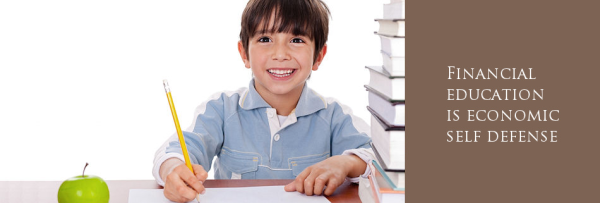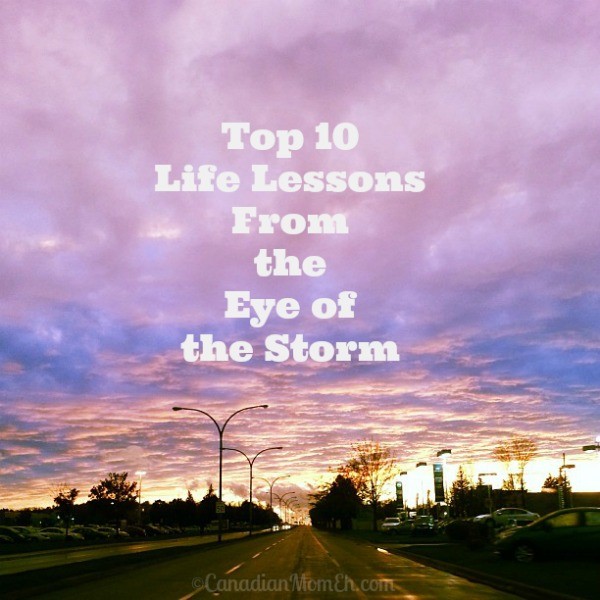November is Financial Literacy Month: What that means for your children
By: Maya Kuc Corbic, CPA, CA
Financial literacy is an important life skill. Few people are born with the intuit ability to effectively manage money. The rest of us had to learn it. If you were lucky, your parents or someone else taught you the ropes of personal finance. If not, you had to learn through potentially expensive and frustrating trials and errors.
As parents we want to spare our children from hardships in life and don’t want them to repeat our mistakes. So when it comes to money, it is very important to teach our children how to manage it.
Start educating them as soon as they begin to ask for things such as toys or candy. Don’t worry that they are not too young. Just make sure you teach them age appropriate concepts.
Give them an opportunity to manage money and learn from their errors while dollar amounts are low and the stakes are not high. Give them an allowance. Teach them that there are four things they can do with their money such as save, invest, donate and spend. Make sure that they always put aside a small portion of their allowance towards savings, so that this becomes an ingrained habit. When it comes to spending, let them spend the money any way they want to. Be there to provide guidance if they ask for help. Otherwise follow up with a conversation to help them reflect on their spending choices and what they can do differently next time.
If you can’t afford an allowance then insist that your children save a small portion of any gift money that they receive for birthdays or special holidays. When it comes to spending, do the same as suggested above with the allowance.
Use everyday teachable moments to talk to them about money and different choices we can make. For example, if you go to a grocery store show them how to pick good produce, explain to them what is a good deal and what items are on sale. Teach them to pay attention to the price of the items that the cashier is scanning and how they are showing up on the screen. If you pay in cash, ask older children to make sure that the cashier is giving you the right change back.
Teach older children about credit cards and debt. Explain how these work and stress the danger of credit misuse. Tell them that cash is the king, and that use of credit is good when purchasing items that can increase our net worth such as a home, or getting higher education. Teach them how to read a credit card statement and explain important concepts such as credit rating and credit scores.
Explain the difference between needs and wants. When they understand that their basic needs are met, they are more likely to be thankful and value what they have. In turn, they may be more inclined to give and donate to those less fortunate.
Maja Kuc Corbic is a financial literacy expert. She is an experienced Chartered Professional Accountant and the founder of DINARII Financial Education Academy, whose mission is to teach children and youth financial literacy skills. They offer fun and engaging workshops to schools. They also hold workshops for parents and provide tools so that parents can continue teaching personal finance at home.” You can follow Maja on Twitter: @Educ8Money2Kids







These are great tips. I’ve thought about starting an allowance for my girls, especially when they make comments like “if it breaks you can buy us a new one.” Recently, I was quite impressed that my daughter used her “own” money (which she’d found in my piggy bank!) to make a donation at her school for a non-uniform day in support of a local charity. My girls are generous and I want to encourage that! 🙂
Being generous is a wonderful trait to encourage.
Such an important life skill to teach! I had no idea about debt and credit cards (other then the basics) and when I turned 18 I went hog wild! I just paid it all off last year.
This is so important. I think the best thing to do is explain the difference between needs and wants like you mentioned. 🙂 I’ve done this before and though it takes a little, they understand.
Where have you been all my life? 🙂 These are great tips that I am excited to implement raising my daughter. She’s two now, but we’re already teaching her the value of money in simple terms. I do wish I learned the dangers of credit at a young age. I spent most of my young adult life paying for it. 🙁 Great post!
Thank you! It’s wonderful to hear that you’re starting to implement these tips at such a young age. Way to go!
Thank you for this timely post Fariha. With the holidays approaching it is even more important to teach our children about money management. I totally support the idea to teach it in elementary school as well. Every single child would benefit..
Suz
It’s my pleasure. It’s something most children (and adults!) can benefit from. I’m happy to share.